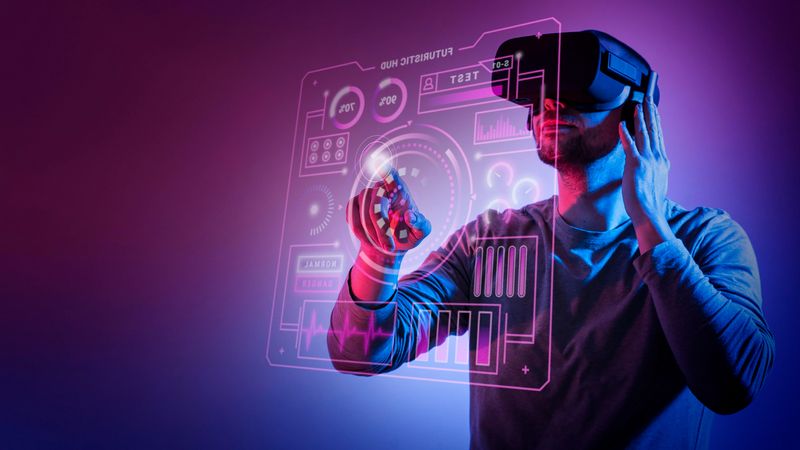

In the world of gaming, music plays a crucial role in shaping the overall experience for players. From setting the tone for different environments to evoking specific emotions during key moments, soundtracks are a powerful tool that game developers use to immerse players in their virtual worlds. In this article, we will explore how games use music to influence player emotions and enhance the gaming experience.
One of the main ways that games use music to influence player emotions is through the use of leitmotifs. These are recurring musical themes that are associated with specific characters, locations, or story arcs within a game. By using these motifs consistently throughout the game, developers can create a sense of familiarity and emotional resonance with players. For example, the haunting melody that accompanies the appearance of a formidable boss enemy can evoke feelings of tension and anticipation, while a triumphant fanfare during a victorious moment can instill a sense of accomplishment and satisfaction.

In addition to leitmotifs, games also use music to enhance the atmosphere of different environments. Whether it’s a serene, pastoral tune playing in a peaceful village or a dark, foreboding score in a haunted mansion, the music sets the tone for the player’s surroundings and enhances the overall immersion in the game world. By carefully selecting and composing music that complements the aesthetics and themes of the game, developers can create a more cohesive and engaging experience for players.

Music is also a powerful tool for creating emotional peaks and valleys throughout a game’s narrative. By building tension with suspenseful music during intense action sequences or conveying sadness and loss with melancholic melodies in emotional moments, developers can heighten the emotional impact of key story beats. The emotional connection that players form with the music can make these moments more memorable and impactful, leaving a lasting impression long after the game has been completed.
Furthermore, games often use dynamic music systems to adapt the soundtrack in real-time based on the player’s actions and progress. This allows the music to respond to the player’s movements, choices, and performance, creating a more personalized and interactive experience. For example, the music may intensify as the player approaches a dangerous encounter, or change to reflect different outcomes based on the player’s decisions. These dynamic music systems enhance player engagement and immersion, making the gaming experience more interactive and engaging.
In conclusion, music is a powerful tool that games use to influence player emotions and enhance the overall gaming experience. From setting the tone for different environments to enhancing key story moments and adapting to player actions, the soundtrack plays a crucial role in shaping the emotional landscape of a game. good minecraft server hosting By leveraging the emotional power of music, game developers can create more immersive, engaging, and memorable experiences for players.


